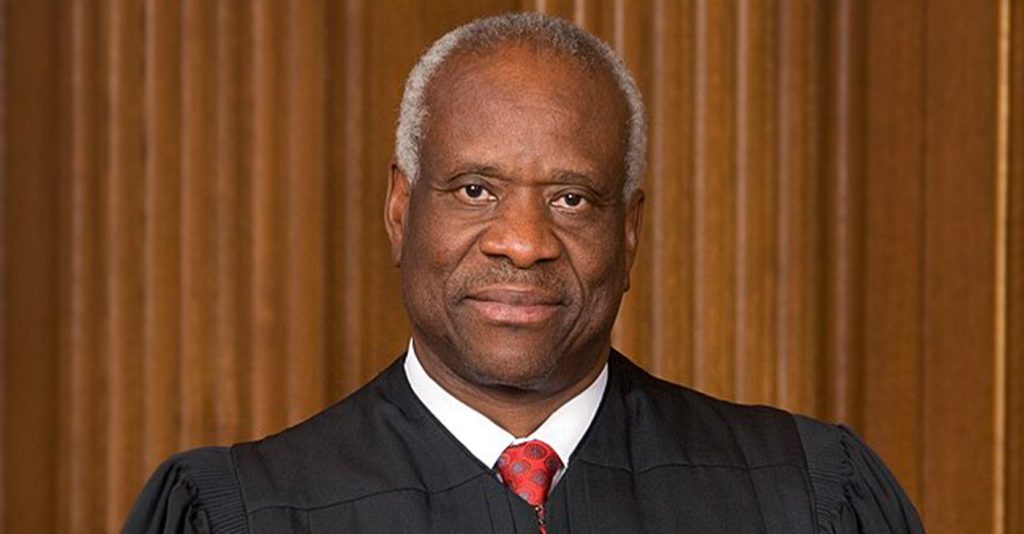By Ivan Sanchez
The U.S. Supreme Court upheld a federal law prohibiting gun possession by individuals convicted of domestic abuse, countering gun rights groups’ claims that the ban infringes on Second Amendment rights. The 8-1 ruling is a notable constraint on a significant 2022 decision that had unleashed numerous challenges to gun laws nationwide.
The ruling, which saw both conservative and liberal justices aligned, supports federal regulations aimed at keeping firearms out of the hands of those deemed dangerous. The 2022 ruling had left lower courts grappling with the interpretation of Second Amendment cases.
Chief Justice John Roberts, writing for the majority, stated the court found it straightforward to agree that those posing credible threats should not have access to firearms. “Our tradition of firearm regulation allows the government to disarm individuals who present a credible threat to the physical safety of others,” Roberts wrote, addressing the misapplication of the court’s recent Second Amendment methodology by some lower courts.
Justice Clarence Thomas, the sole dissenter, had previously authored the majority opinion in the 2022 New York State Rifle & Pistol Association v. Bruen case. He argued Friday that there is no historical precedent for revoking Second Amendment rights based on potential interpersonal violence. Thomas, adhering to textualism—a judicial philosophy interpreting the Constitution based on its plain text—contended that the government cannot regulate firearms in this manner without explicit historical support. He warned that the ruling risks the Second Amendment rights of many more individuals.
The case centered on a 1994 law that bars those subject to domestic violence restraining orders from owning guns. Zackey Rahimi, a Texas resident, was convicted under this law after multiple shooting incidents. Rahimi’s defense argued that the Bruen decision invalidated this law, asserting that the founding generation did not restrict gun possession in domestic violence cases. The Fifth Circuit Court of Appeals had agreed, deeming the gun ban an “outlier” historically.
The Biden administration and advocates for domestic violence victims pointed to historical laws restricting gun ownership for dangerous individuals. They argued these laws, viewed broadly, fit within the court’s historical framework for firearm regulation. Advocates stressed that domestic abuse survivors are significantly more at risk of fatal violence if guns are present in their homes.
Justice Thomas’s dissent underscores the textualist approach, interpreting the Constitution’s words as understood at the time of enactment. Thomas argued that the Second Amendment, as originally written, does not support contemporary restrictions based on potential threats of violence. His textualist perspective emphasizes that without clear historical precedents, such regulatory measures should not be imposed. The majority, however, balanced textualist principles with practical considerations of public safety, demonstrating a broader interpretation of historical firearm regulation.
While the decision is a victory for domestic violence victims, in Tennessee and throughout the country, the focus on textualism as a legal theory could haunt other decisions in the future.
Photo Copyright 2024 TNTRIBUNE, All rights reserved.


